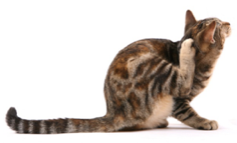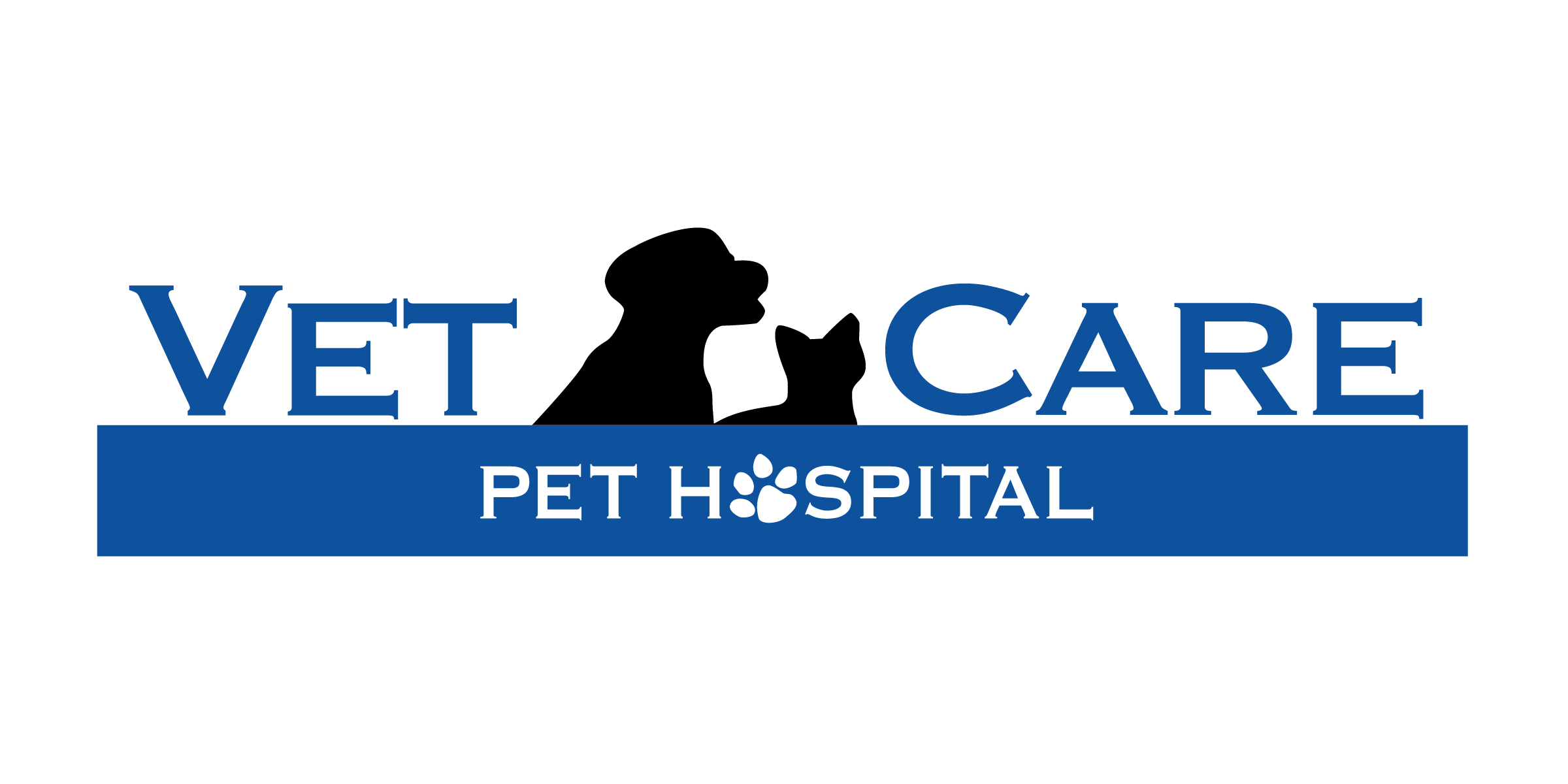With summer on its way, the sun is shining brighter and the temperature is getting higher every day! We thought now would be the perfect time to freshen your memory on some of our best tips for the warmer months to keep your pets happy, safe and parasite-free!
Check out these summer-related blogs from the past:
Did you know animals can sunburn?

Many people think if their animals do not go outside, they have no risk of getting fleas. In reality, fleas can enter our homes on our clothing or on other animals that may come in and out of the house and this puts all pets at potential risk.
While most pet owners know all about fleas, many are not educated on the other main external parasite posing a risk to our pets in the warmer months: TICKS!
Roundworms: What You Need to Know
Roundworms are the most common gastrointestinal worms we find in dogs and cats.
Tapeworms: What You Need to Know
Tapeworms are long, flat worms that live in the intestine. Adult tapeworms can reach several inches in length and look similar to a white piece of ribbon or tape.
Does My Dog Have Worms and What Can I Do About It?
There are multiple types of worms that dogs can become infected with. Most worm parasites found in dogs are transmitted from one to the next via environment.
Tips for Keeping Your Pet Hydrated
You might need to get creative to make sure you keep your pet hydrated. Getting plenty of water is crucial for your pet, both for the short-term and the long-term health.
10 Flowers You May Not Know Are Toxic to Pets
Do you have daffodils, buttercups, or lilies in your pet’s environment?
Swimming is a fun summer activity for both people and their pets. Like with all things we love there are some safety tips to consider!
Hot Spots Explained: How to Treat Hot Spots in Pets
As summer is now here, pet owners are enjoying the warmer weather. With this warmer weather come a number of common issues for dog owners. One of these is known as ‘hot spots.’
Everything You Need to Know About Leptospirosis
Dogs will typically come into contact with the leptospirosis in infected water or soil. This can happen when your pet is swimming or drinking contaminated water, or from coming into contact with urine from an infected animal.
If you need more information, please don’t hesitate to contact us!
Written by VetCare Pet Hospital




